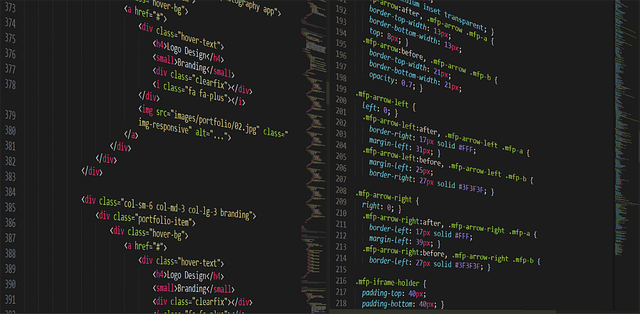Local authorities are essential guardians of integrity in real estate, enforcing regulations and guidelines for transactions, construction, and compliance. They ensure transparency, protect consumers, and promote ethical practices by overseeing listings, inspecting properties, and verifying documents. These entities facilitate adaptable compliance guidelines in plain language, encouraging innovation while maintaining industry integrity. Through proactive strategies like clear communication, workshops, audits, and feedback, they uphold standards, foster sustainable urban development, and balance regulation implementation with practical application.
Local authorities play a pivotal role in ensuring real estate transactions adhere to legal and ethical standards. This article explores their defining role in establishing compliance guidelines, which are essential tools for maintaining market integrity. We’ll delve into strategies for creating transparent, comprehensive guidelines that guide industry professionals while fostering fair practices. Additionally, we’ll discuss effective implementation methods to maximize the impact of these guidelines on the real estate sector.
Understanding Local Authority Role in Real Estate Compliance

Local authorities play a pivotal role in ensuring compliance within the real estate sector. Their expertise and oversight are essential for maintaining standards, protecting consumers, and facilitating fair practices. These entities establish guidelines and regulations that developers, agents, and investors must adhere to when conducting transactions or embarking on construction projects.
By defining compliance parameters, local authorities enable a transparent and regulated environment in the real estate market. This involves monitoring listings, inspecting properties, verifying documentation, and addressing any non-compliance issues promptly. Their involvement safeguards buyers, ensures ethical practices, and promotes the overall health of the Real Estate industry.
Creating Transparent and Effective Compliance Guidelines

Local authorities play a pivotal role in shaping the real estate industry within their jurisdictions by establishing comprehensive compliance guidelines. These guidelines serve as a beacon for developers, investors, and agents, ensuring that all activities adhere to legal and ethical standards. Transparency is key; clear, concise, and accessible documentation enables stakeholders to navigate the regulatory landscape effortlessly. By using plain language and providing practical examples, authorities can demystify complex regulations, fostering trust and encouraging compliance.
Effective guidelines also offer flexibility and adaptability. Real estate markets are dynamic, evolving with changing trends and consumer needs. Guidelines that incorporate regular reviews and updates ensure they remain relevant, addressing emerging challenges and opportunities. This proactive approach not only simplifies the compliance process but also encourages innovation while maintaining integrity within the real estate sector.
Implementing and Enforcing Guidelines for Optimal Results

Local authorities play a vital role in ensuring compliance with guidelines across various sectors, including real estate. When defining and implementing these rules, it’s essential to consider their practical application and enforcement strategies. One effective approach is to establish clear communication channels, allowing developers and property managers to understand and ask questions about the guidelines. Regular workshops and training sessions can educate stakeholders on meeting requirements, fostering a culture of adherence.
Moreover, local governments should monitor compliance through periodic audits, providing feedback and support where needed. This proactive enforcement promotes continuous improvement in real estate practices, ensuring properties meet safety, environmental, and quality standards. Such measures not only safeguard the community but also contribute to the overall development of sustainable and compliant urban landscapes.






